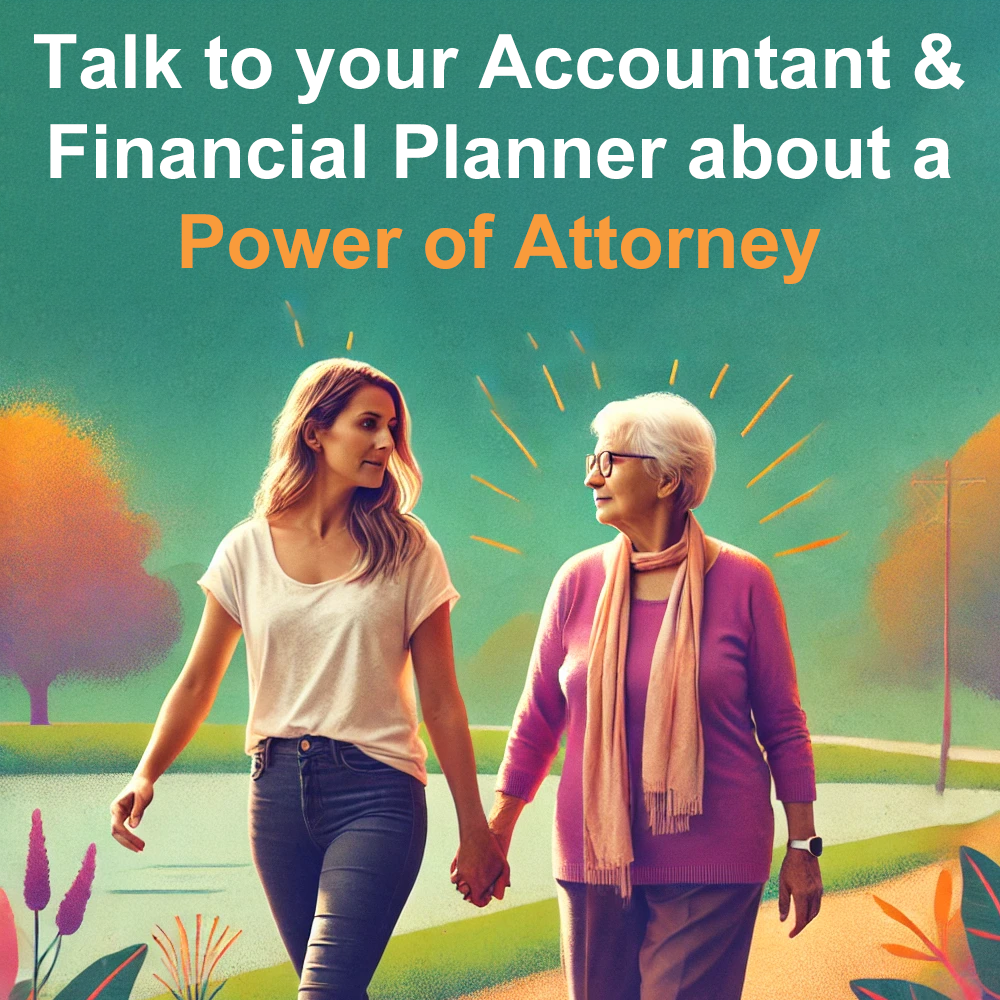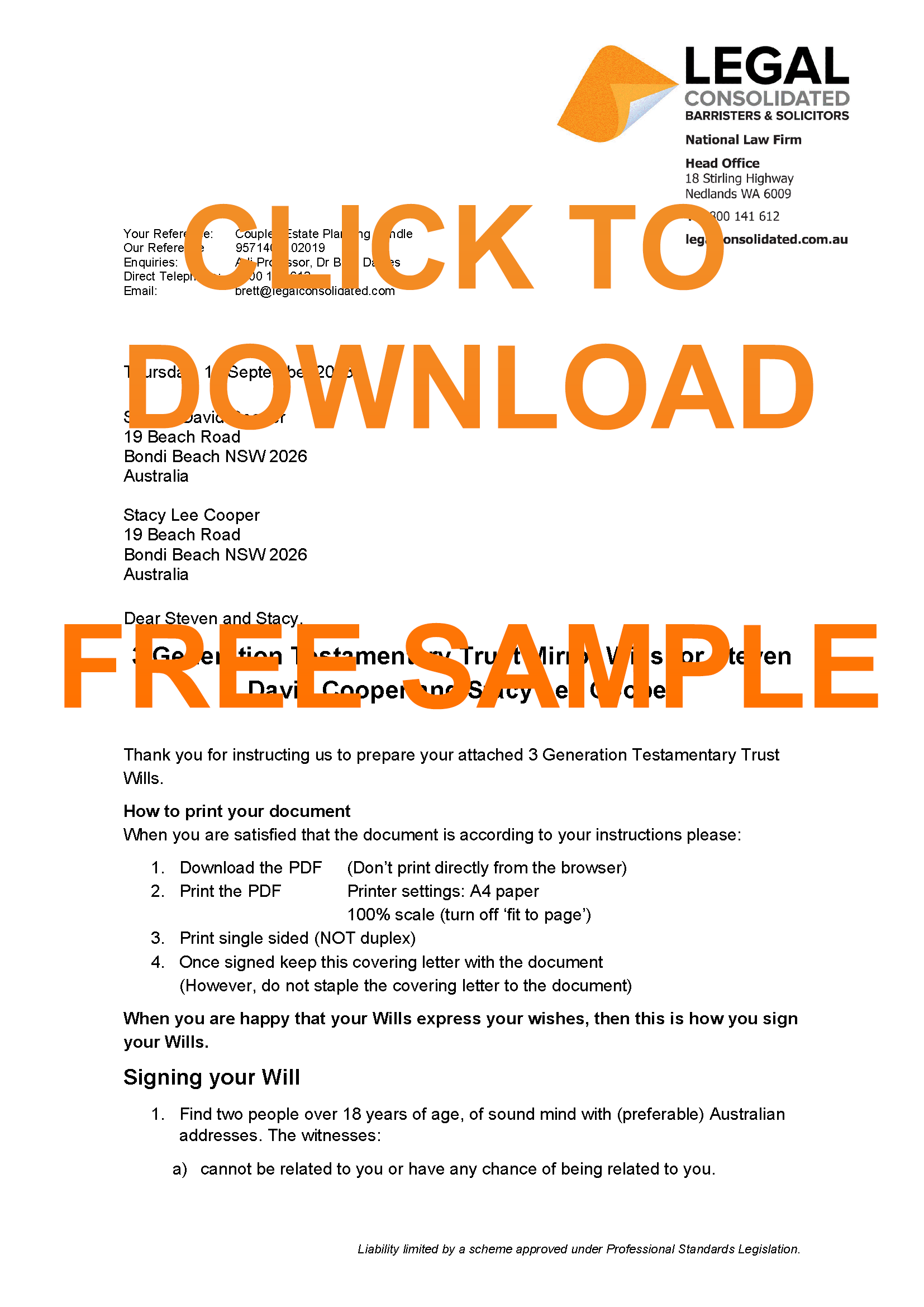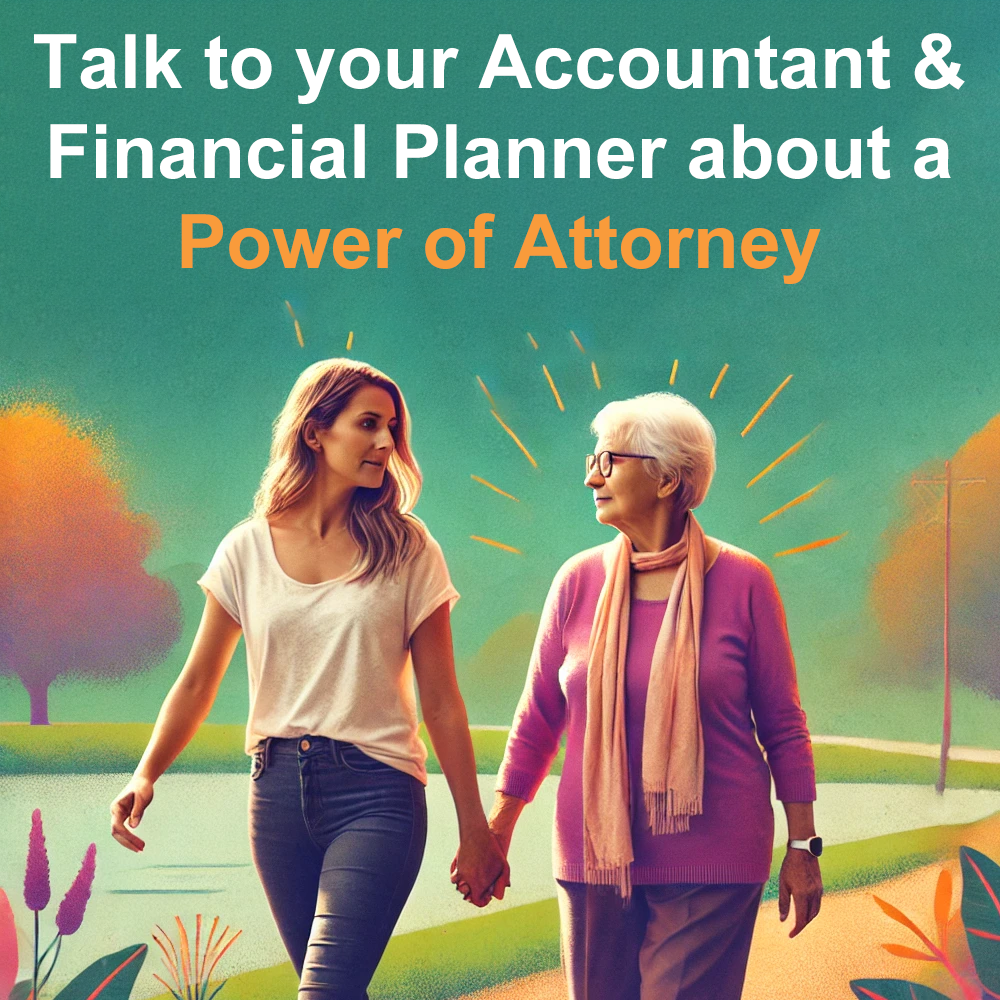
Enduring Power of Attorney
$108 includes GST
-
The Victorian Enduring POA deals with your assets.
What is a Victorian Enduring POA?
A Victorian Enduring POA is a legal document in the State of Victoria. It allows you to appoint attorneys to make decisions about your assets. But only for assets situated in Victoria. The VIC EPA deals with your assets e.g. Victorian real estate and bank accounts.
A Victorian enduring power of attorney is a type of agency. A competent adult (you) appoints another adult human as your agent.
This is to do certain things of a financial nature that the ‘maker’ of the power of attorney has a legal right to do themselves. Like all agents, your attorney under a Victorian enduring power of attorney has no more powers than you.
The Victorian POA is a creature of Victorian legislation. The Enduring POA only exists because the Victorian government passed legislation to allow for the POAs.
Why is the Victorian Enduring Power of Attorney ‘Enduring”?
The Victorian POA is ‘enduring’. This means that even after you lose mental capacity the POA continues. It endures beyond your mental capacity.
For a married couple, how many Attorneys and Alternate Attorneys are normally appointed?
In Victoria, most (happily) married couples and defactos appoint each other as their attorneys. E.g. Mum appoints Dad. And Dad appoints Mum. This is in the first instance. And then if they cannot look after each other they appoint their children. For example, if they have one child, they have one Alternative Attorney. If they have two children they appoint them both as Alternative Attorneys. And if they have three children they appoint all three children as the Alternate Attorneys.
For single parents, how many Attorneys and Alternative Attorneys are normally appointed?
If your partner is dead or you are divorced, then often the single parent would appoint their children. In a Legal Consolidated POA, you can appoint, one, two or three Attorneys (and, therefore, you need no Alternative Attorneys).
What is the maximum number of Attorneys and Alternative Attorneys in a Legal Consolidated Victorian POA?
While it is rarely done, in Victoria, you could appoint:
- three Attorneys (all acting together or separately); and
- three Alternative Attorneys (all acting together or separately).
That is 6 people in all.
Do my Attorneys act ‘unanimously/jointly or ‘separately’?
If you have one attorney then, obviously, that person acts by themselves. This is because there is no other attorney. But if you have two or three Attorneys then you need to make the decision as to whether they:
- act together – which means they all have to agree; or
- separately – which means one can act by themselves
Which is best? That is a personal choice. If you are of unsound mind are you happy that one of your children can act independently? That may lend itself to fraud or elder abuse. But if you make them all act together that can be cumbersome. One of your attorneys may live in New York. The other is in New Zealand. If you trust the people you appoint then it can be easier for them to act severally – separately.
When can I cancel a Victorian Enduring POA?
Obviously, once you lose mental capacity you can no longer:
- cancel your POA
- can not make a new POA
.You have to have the mental capacity to make a legal document. And this includes revoking or making a POA.
Consider the Victorian Powers of Attorney Act 2014 (Vic). It came into force on 1 September 2015.
It states, in fewer words than the old legislation, that the ‘maker of an enduring power of attorney’ (you) may authorise your attorney, to do anything on behalf of you, as a maker, can authorise an attorney to do lawfully on your behalf: section 22(1).
As a Professor in law, I agree with you. This is a poorly drafted circular definition. Legal Consolidated lobbied the government to make this definition clearer. The definition became a little less circular on 12 March 2018. Section 3 is amended so that a ‘personal matter’ as defined in the Act no longer includes, “and matter that relates to medical treatment or medical research procedures.”
What is a ‘financial matter’ in a Victorian POA?
The Act defines a ‘financial’ matter as:
[A]ny matter relating to the principal’s financial or property affairs, and includes any legal matter that relates to the financial or property affairs of the [‘maker‘ which is the person giving the POA]
Does the Victorian POA give examples of what the POA can do?
While most other States decline to do so (except for the ACT and QLD), Victoria provides examples of what your attorney can do:
- make money available for your personal expenditure
- pay your expenses for you and your ‘dependants’ (but limited to the maintenance and accommodation of you and your dependents)
- purchase a home or accommodation for you and your dependents
- pay your debts
- pay your attorney’s fees and expenses for which they are legally entitled (basically your attorney is reimbursed for their expenses)
- receive and recover money payable to you
- carrying on any trade or business for you
- carry out contracts you have entered into
- payout mortgages over your property
- pay rates, taxes and insurance premiums or other outgoings on your property
- insure your property
- preserve and improve your property
- making investments for you (but the attorney should only do so after getting written sign-off by a financial planner and accountant)
- take up rights for the issue of new shares and options for new shares from your existing shareholdings
- undertaking any real estate transaction
- deal with your land
- undertake a beneficial transaction for the maker involving the use of your property as security for an obligation, including taking out a loan or giving a guarantee
- withdraw money from or deposit money into an account
I personally find the list of examples of little help.
The Interpretation of Legislation Act 1984 (Vic) s 36A provides that a list of examples like those set out in s 3(1) is a non-exhaustive list of financial matters covered by the general definition in s 3(1)Powers of Attorney Act 2014 (Vic). The list is also extended by any decisions of VCAT or the Supreme Court
The Victorian Act, having provided that makers of enduring powers of attorney are able to authorise enduring attorneys to deal with any matter relating to the maker’s personal or lifestyle affairs, including any legal matter that relates to their personal or lifestyle affairs goes on to provide a list of examples of personal matters. The list comprises:
- where and with whom the maker lives;
- persons with whom the maker associates;
- whether the maker works and, if so, the kind and place of work and employer;
- whether the maker undertakes education or training, the kind of education or training and the place where it takes place;
- daily living issues such as diet and dress;
- health care matters, including matters provided for in Part 4A of the Guardianship and Administration Act 1986 (Vic)
SMSF Corporate Trustee POA
What cannot the Victorian EPA do?
Importantly the Victorian Act also provides a list of matters that a maker, under an enduring power of attorney, cannot authorise an attorney under that power to deal with, namely:
- make or revoke a will for the principal (maker);
- make or revoke an enduring power of attorney for the maker;
- vote on the principal’s behalf in an election for the State or the Commonwealth or another State or a Territory of the Commonwealth or a local election or a referendum;
- consent to the entering into or dissolution of a marriage of the maker or of a sexual relationship of the maker
- make or give effect to a decision
- about the care and well-being of any child of the maker; or
- about the adoption of a child under 18 years of age of the maker;
- to enter into, or agree to enter into, a surrogacy arrangement on the maker’s behalf; or
- consent to the making or discharge of a substitute parentage order on the maker’s behalf; or
- manage the estate of the maker on the death of the principal; or
- consent to an unlawful act
There has been much consensus around the issue that there are some matters that are so personal that a substitute decision-maker including a guardian, enduring guardian, an attorney or enduring attorney cannot make a substitute decision about.
Marriage and a sexual relationship, making or revoking a Will and voting in an election come to mind.
SMSF Corporate Trustee POA
Does the Victorian POA deal with ‘medical’ treatment?
The Victorian POA is an “economic” document. Your POA in Victoria does not deal with your health, medical treatment or lifestyle. To do this, instead, build a Vic Medical POA on our website (Appointing Medical Treatment Decision Maker). Also, the person receiving your Victorian POA cannot:
- vote in any elections
- make a Will
- sign another Power of Attorney
- act as a Trustee
- act as a director
- control your body (you need a Power of Guardianship instead)
However, the Attorney, can open and close bank accounts, pay debts, and buy and sell land. This is provided it is in your ‘best interests’ to do so.
How does the person getting my Vic EPA use it?
Here are some examples:
Example 1 – Using your bank account
The persons you appoint walk into the bank and present to the bank clerk with your Savings Account book and your Victorian EPA. The clerk stares blankly at them. He sees his bank manager. The manager explains to the clerk that those persons “now stand in your shoes”. They can do whatever you could do with the bank account. The manager asks to take a copy of the Vic Power of Attorney for future reference. The bank manager tries to keep the original Victorian POA but the persons you nominate decline and get back the Vic POA. The transaction on the Savings account takes place.
Example 2 – Signing using your VIC POA
You tell the persons that you nominated, to sign a lease agreement. You are on holiday overseas and email is unavailable. Your attorney contacts the landlord. They:
- tell the landlord that there is a Victorian Enduring POA
- tell the landlord that they are signing the lease on your behalf
- they sign in their usual signature area and write under the signatures “signed as attorney for *your name* under a VIC POA dated ## Month, year”.
You are now bound to the lease. The landlord may photocopy the VIC EPA to attach to the lease.
In a Victorian POA is the ‘attorney’ my lawyer?
No. Sometimes an Australian lawyer may be called an ‘attorney’. But for a Victorian Enduring POA your ‘attorney’ is the person you appoint in your POA. It can be a spouse, children, or close friend. It is not, however, your lawyer.
[divider height=”30″ style=”default” line=”default” themecolor=”1″]










